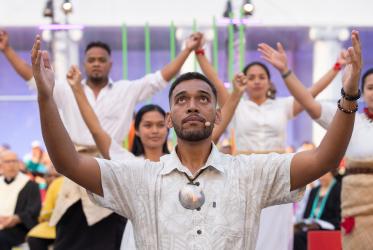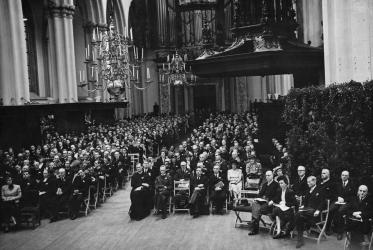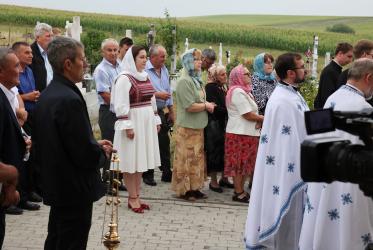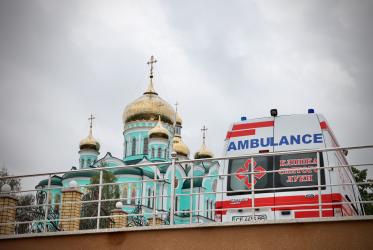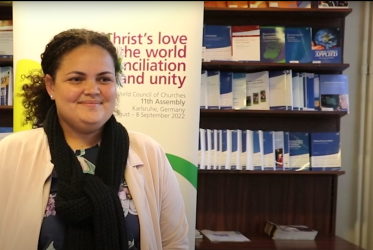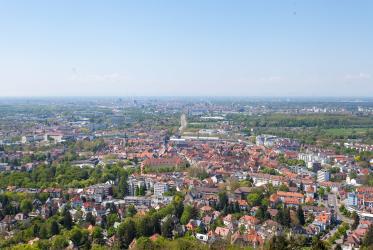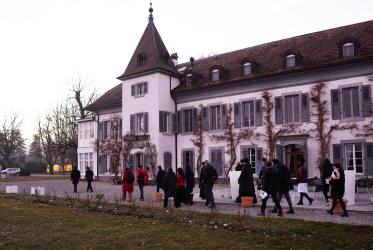Displaying 61 - 80 of 116
Women with disabilities want to belong in churches
31 August 2022
Monastery in Ukraine responds to the consequences of war
09 August 2022
WCC leaders recall life-changing experiences from early days
10 February 2022
